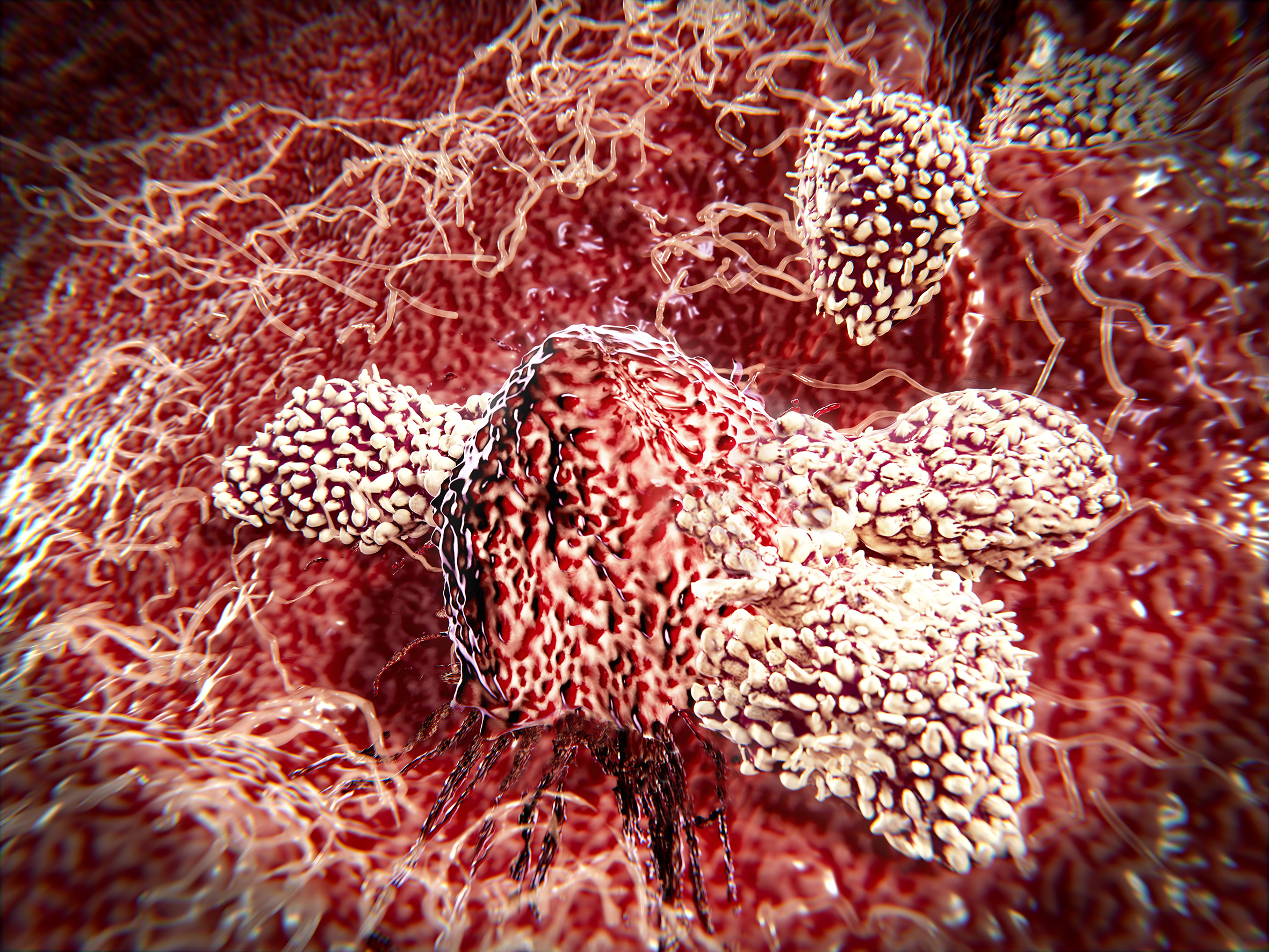Government wasted £1.3 billion on Cancer Drugs Fund, says study

The £1.3 billion of public expenditure on the old Cancer Drugs Fund (CDF) did not deliver value to patients or society, according to a new study.
Published in the Annals of Oncology, the research analysed the potential value of the CDF according to six criteria, including clinical benefits scales, cost-effectiveness data as defined by NICE and real-world data.
The findings were based around the old ring-fenced fund set up in 2010, which paid for drugs rejected by NICE on cost-effectiveness grounds, or reimbursed while the cost-effectiveness body made its assessments.
The CDF grew in size from £200 million in 2011/12 to £340 million in 2015/16, eventually overspending with a total out-turn of £466 million in its final year.
A year ago, the government introduced a revised scheme where a £360 million CDF pays for drugs while companies gather additional data to support their use, if NICE thinks the information will provide further insight about cost-effectiveness.
The analysis was based on 29 drugs approved for 47 indications that could be prescribed through the CDF in January 2015.
In the 47 indications, only 18 (38%) reported a statistically significant overall survival benefit, with an overall median survival of 3.1 months – within a range of 1.4 months to 15.7 months.
Assessed according to clinical benefit scales, only 23 (48%) and 9 (18%) of the 47 drug indications met criteria set by American and European cancer doctors.
Four drugs – Roche’s Avastin (bevacizumab), Merck KGaA’s Erbitux (cetuximab), Novartis’ Afinitor (everolimus), and Novartis’ Tyverb (lapatinib), represented the bulk of CDF applications, approved in 18 separate uses.
Authors, led by Dr Ajay Aggarwal of the London School of Hygeine and Tropical Medicine, concluded there was no empirical evidence to support a ring-fenced fund in "other cancer domains such as surgery and radiotherapy, or other noncancer medicines.”
They said, “We concluded the CDF has not delivered meaningful value to patients or society.”
But Mark Flanagan, formerly chief executive of the charity Beating Bowel Cancer, questioned the conclusions in a blog post on LinkedIn.
He said: “The CDF was set up to provide a temporary fix to that very real problem, while a new system was developed. Unfortunately a new approach was never developed. So, the CDF limped on, an imperfect, but the only, solution to a huge patient need issue.
“The so-called evidence basis for assessing the effectiveness of drugs that this story refers to is out of date, fails to recognise individual outcomes now known, relies on data only produced during clinical trials, not the now huge body of data available from the CDF itself. The research ignores that the world has changed.”
NICE is still reassessing a backlog of old drugs, paid for by the new scheme, that were previously reimbursed by the old CDF.












